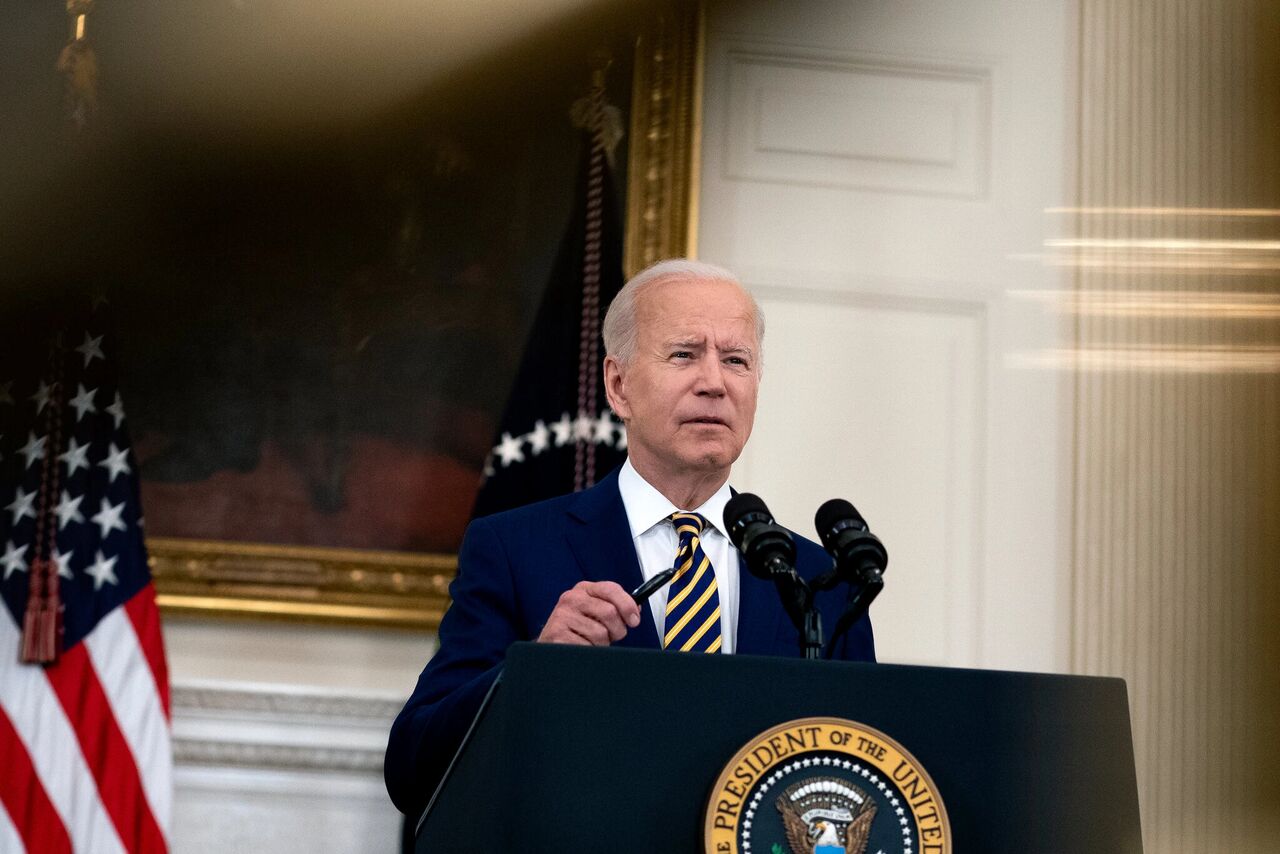Davood Ahmadzadeh, speaking in an interview with the website of the Strategic Council on Foreign Relations, emphasized: On the other hand, the main actors in this case, namely Iran and Russia, were not, and are not, willing to see the US role playing in the crisis and consider the US presence in Syria alongside the Arab and Turkish axis to confront the political system of Damascus as one of the causes of the crisis in the political situation in that country.
Ahmadzadeh, saying that the Americans had been working since Donald Trump’s presidency with the passage of Caesar’s law in the US Senate and tightening of economic and political sanctions against the Syrian government and its regional allies, noted: By doing so, they sought to prevent Syria and its supporters from seizing power and to continue the crisis by providing military and financial support to the Kurds as their proxy forces in eastern Syria.
The expert, saying that although during the Trump era, US aggressive policies in support of its traditional allies, Saudi Arabia and the Zionist regime, further strengthening the Kurds, establishing military bases in eastern Syria and looting its oil resources were more obvious, added: The bipartisan policies of Joe Biden and his security team in the midst of “leaving and continuing the occupation” of eastern Syria under the banner of fighting ISIS made it clear that outside the White House, due to variables affecting the Syrian cause, including consensus among security forces and the US military and economic cartels, transformation in that case is not fundamentally possible, and what we are seeing in West Asia in general and in Syria in particular is a change of tactics, not a change of strategy.
He noted: Therefore, the United States in Biden era, by continuing its previous policies, seeks to maintain its regional influence in Syria and not to hand over crisis management to its rivals, Russia and Iran.
Ahmadzadeh stressed: In this regard, after the White House faced military pressure from anti-American groups in Iraq and disagreed with political parties to maintain Washington’s military bases in the region, it seems that the United States, given the continuing unrest in Syria, still appears to be hoping to contribute to the future of regional power and security arrangements by supporting its traditional allies in Syria (the Kurds) and strengthening military bases and airstrikes on the Axis of Resistance.
The expert on West Asia affairs explained: In recent months, in addition to playing the card of the Kurds, Joe Biden has tried to balance power in the region, especially in Syria, by re-approaching Turkey and defending its position in strengthening the remaining ISIS and Takfiri forces in Syria and use the new equations of power to its advantage.
He added: Therefore, the United States is using its soft and hard power in the form of sanctions and military strikes on the positions of the Syrian army and the resistance forces and is not willing to cede the Syrian front to Iran and Russia.
Ahmadzadeh further remarked: On the other hand, the role of the Zionist regime in encouraging Biden’s aggressive policies towards Syria and maintaining military bases should not be overlooked; because maintaining Israel’s security and the regime’s military superiority in the region, like in the Trump era, is one of the White House top priorities.
According to the expert, given the consolidation of Iran’s position in Syria and the strategic relations between the two countries on regional issues and the defense of the rights of the Palestinian people, any wavering in the will of the US rulers to hasten withdrawal from Syria could have dire security consequences for the Zionist regime.
Ahmadzadeh continued: In recent months, the Russians by changing their military approach to Syria, including equipping the country’s air defense with new missiles and strengthening their military presence in Tartus showed that the period of tolerance with the Zionist regime and restraint in the face of air strikes on Syrian territory is over; this is bad news for the new leaders of that regime, who are engaged in an endless war on a comprehensive front in West Asia with Iran and the axis of resistance.
The expert on West Asia affairs commenting about the reasons for the continuation of such US approach towards Syria and its continued presence in that country, said: In addition to the economic benefits of access to Syria’s oil fields in the east of the country, regional rivalry with Iran, existence of the Zionist regime and also hostility with Iran are among other major factors for the continued presence of the Americans in Syria and the organized airstrikes against popular Basij groups favorable with Iran.










0 Comments